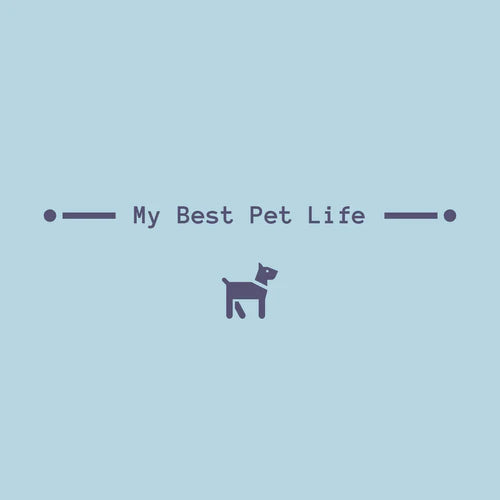Our dog Winnie was just diagnosed with an CCL tear after having x-rays at the vet and very noticeable signs she couldn't put weight on her right leg.
We were told she will need surgery, but we are looking into best options since she is so young.
Winnie needed surgery for her CCL tear, and it was completed right before Christmas. We are grateful she is home again and on her path to recovery.
It will take months for her to rehab. and not be able to take walks yet, but she is surrounded by a lot of love.
Glad she was able to get the required help, but it was expensive!
Get pet insurance if you can early in their life.
I am not a veterinarian, but I can offer some general suggestions for handling a potential CCL tear in a young dog. However, it's crucial to consult with a veterinarian for professional advice tailored to your dog's specific situation.
-
Consult with a Veterinarian:
- If you suspect your dog has an CCL tear, it's essential to seek veterinary care promptly. A veterinarian can perform a thorough examination, potentially including X-rays or other diagnostic tests, to confirm the diagnosis.
-
Rest and Limit Activity:
- Rest is crucial for healing. Limit your dog's physical activity, especially activities that involve jumping, running, or abrupt movements that could further stress the affected leg.
-
Weight Management:
- Maintaining a healthy weight is essential for dogs with CCL injuries. Excess weight can put additional strain on the joints, slowing down the healing process.
-
Medication:
- Your veterinarian may prescribe pain medications or anti-inflammatory drugs to manage pain and reduce swelling. Follow your vet's instructions regarding dosage and administration.
-
Physical Therapy:
- Your vet may recommend physical therapy exercises to strengthen the muscles surrounding the affected joint. These exercises can help support the joint and improve overall mobility.
-
Joint Supplements:
- Some veterinarians may recommend joint supplements containing glucosamine and chondroitin sulfate to support joint health. However, always consult with your vet before adding any supplements to your dog's diet.
-
Surgery:
- Depending on the severity of the CCL tear, your veterinarian may recommend surgical intervention. Surgical options may include extracapsular repair, tibial plateau leveling osteotomy (TPLO), or other procedures.
-
Follow-Up Care:
- Regular follow-up appointments with your veterinarian are crucial to monitor your dog's progress. Adjustments to the treatment plan may be necessary based on how well your dog is responding to the chosen course of action.
Remember, each case is unique, and the appropriate course of action will depend on the specific circumstances of your dog's CCL tear. Always consult with a veterinarian for a proper diagnosis and treatment plan.
We are looking at options, but surgery may be the route we do to make her life the best.

